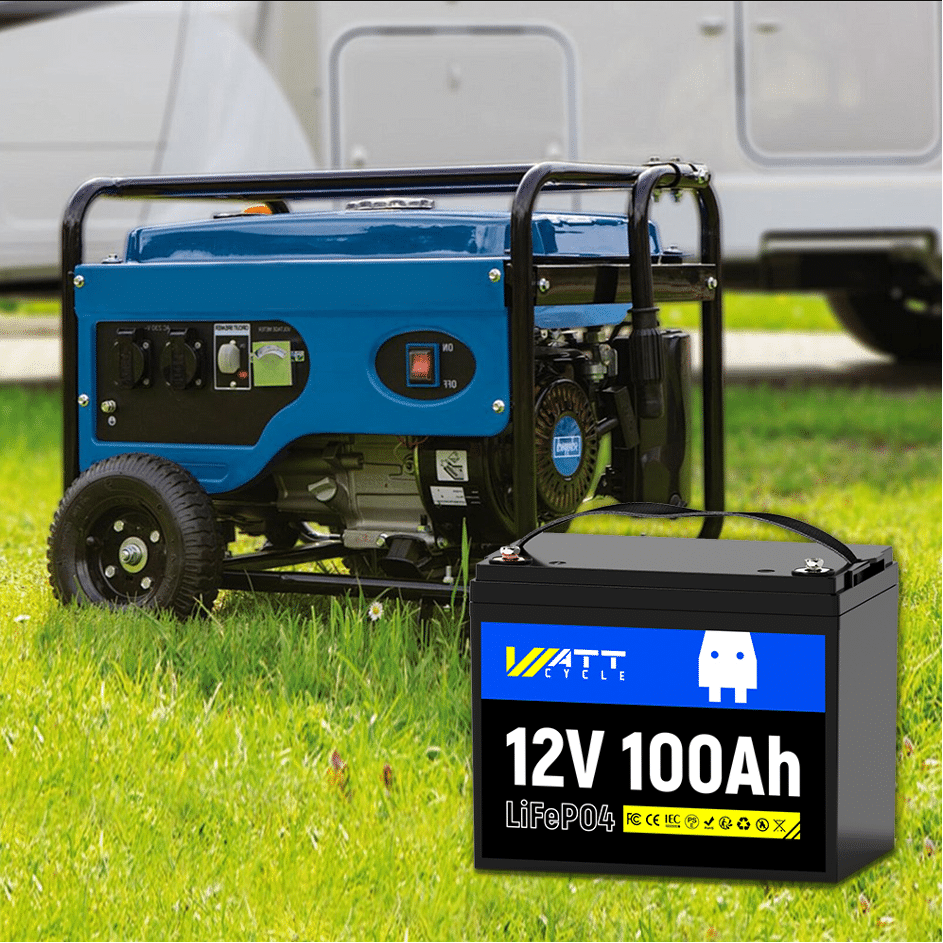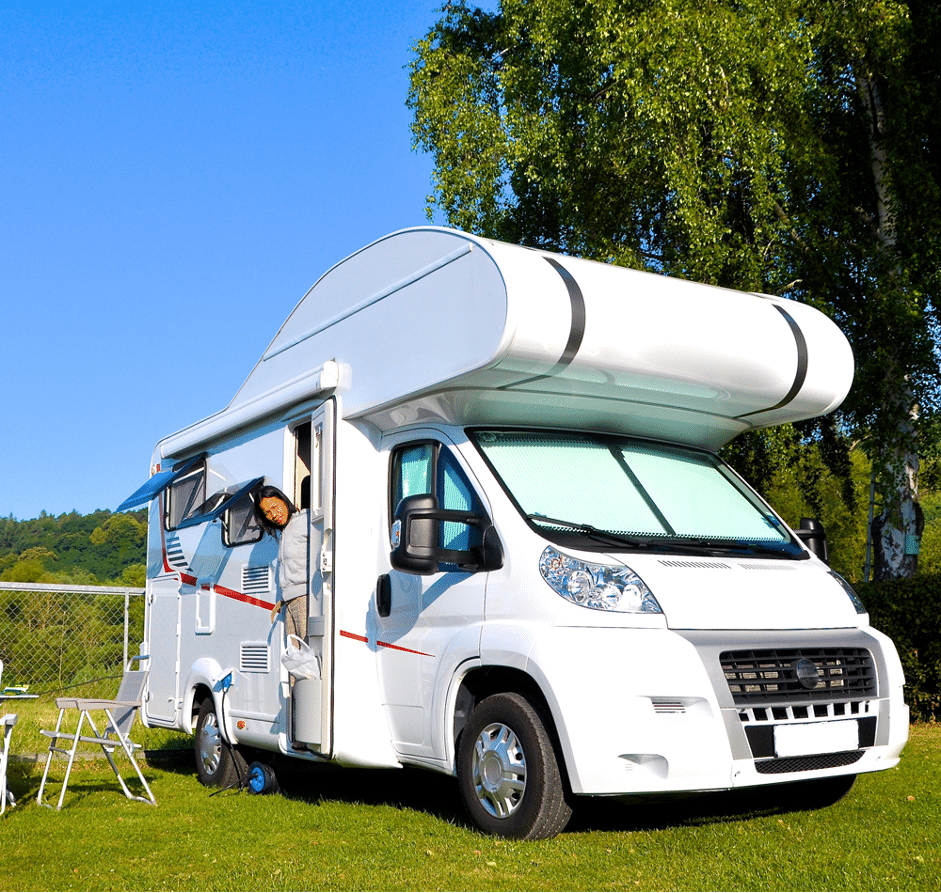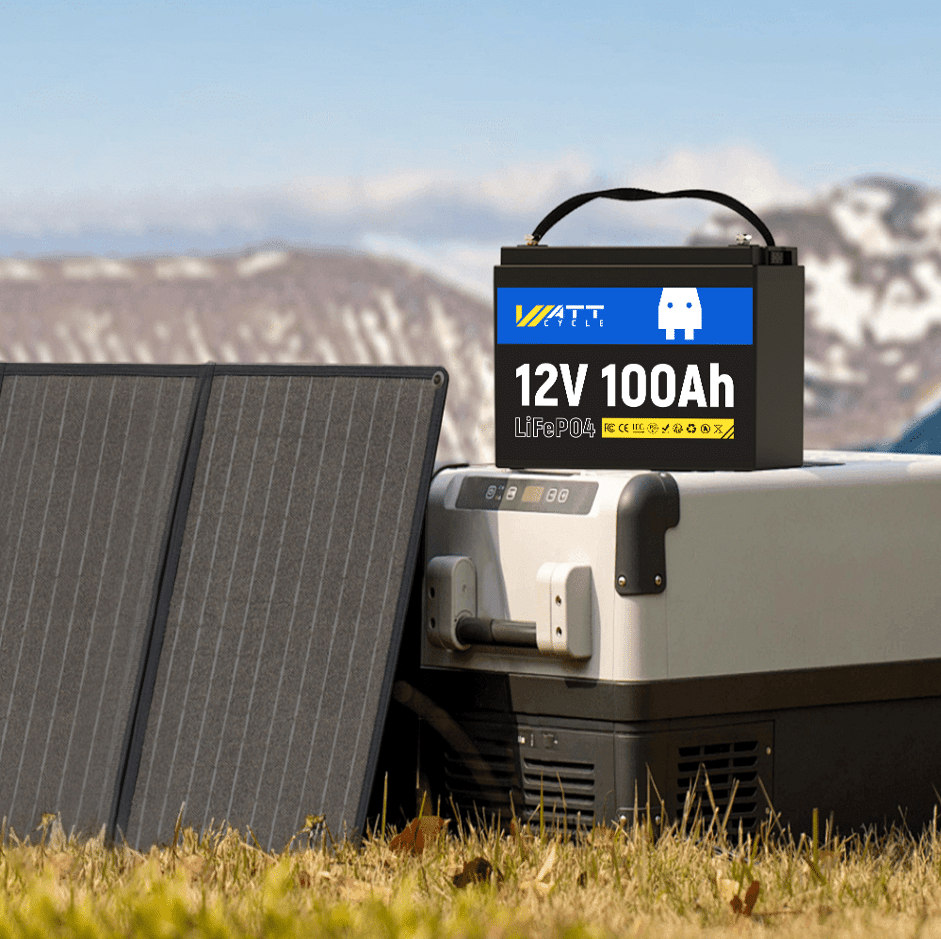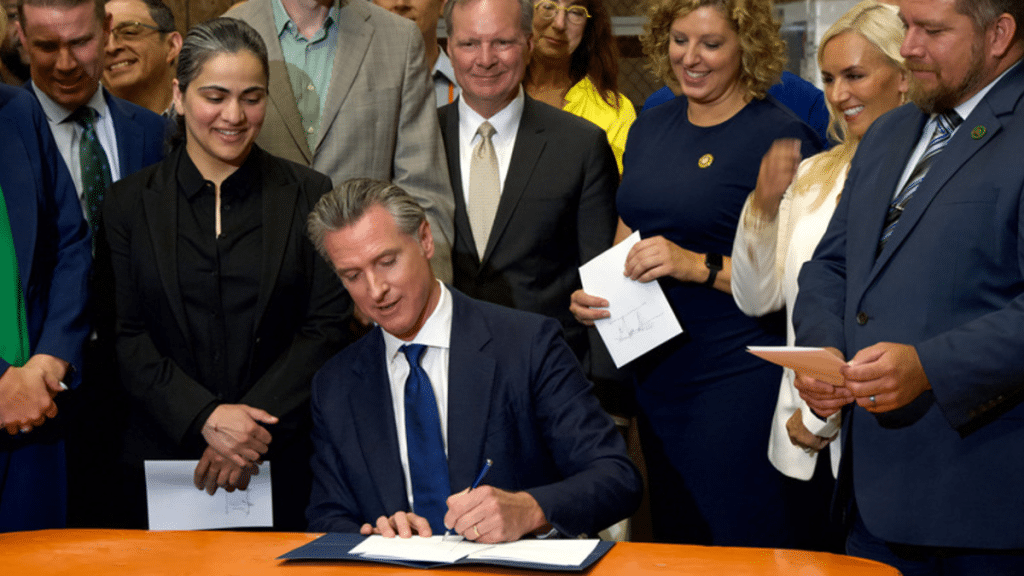California has taken a decisive step toward reducing emissions with new regulatory measures that will take effect over the next few years. In response to growing concerns over air quality and environmental health. The state has introduced stricter standards governing the sale of gas-powered portable generators and equipment, a move that reflects long-standing environmental policy goals.
Beginning with the Environmental Quality Act in 1970, the Golden State has taken conservation and management of its considerable outdoor treasures. These regulations are not only about cleaner air—they also aim to protect the vast and cherished natural landscapes that Californians enjoy. By limiting the availability of traditional gas-powered engines, California is encouraging the adoption of alternative power sources that produce fewer emissions and lessen the strain on our environment.
For RVers and camping enthusiasts, these changes signal a shift in the way power is sourced and managed during off-grid adventures. As the move away from gas-powered generators begins, there is a clear opportunity to consider more reliable, quieter, and environmentally considerate power solutions that support a more sustainable way of living on the road.
Background on California’s Generator Ban
The California Air Resources Board (CARB) has established a mandate under Assembly Bill 1346 to phase out gas-powered portable generators as part of its ongoing effort to combat air pollution. Passed as Assembly Bill 1346 and signed into law back in October 2021, the regulation focuses on cutting emissions from small engines — the kind found in leaf blowers, lawn mowers, and yes, RV generators. These “small off-road engines,” or SOREs, might seem harmless, but together, they produce a surprising amount of air pollution.
Under the phased approach laid out by CARB, 2024 marks the beginning of a period where portable generators must meet stricter emissions standards. Come 2028, the state will advance to a full ban on the sale of new gas-powered portable generators, including those built into recreational vehicles. This timeline reflects California’s broader strategy to reduce air pollution while preserving its natural resources, ensuring that the measures implemented today will contribute to cleaner air and a healthier environment for the future.
How Will RVers and Camping Trips Be Impacted?
The impending ban is set to reshape how RVers and camping enthusiasts source and maintain power on the road. While owners of existing gas-powered generators will still be able to use their equipment, the gradual elimination of new sales means that finding replacement units and parts in the future could prove challenging. For many RV owners, the prospect of maintaining aging generators or navigating limited repair options represents a significant inconvenience, especially for those who rely on these units during long trips or extended off-grid excursions.
Both local RV enthusiasts and visitors to California may face difficulties if they are unable to secure reliable generator power when needed. In the evolving landscape of portable power, these challenges underscore the urgent need for alternative energy solutions that can consistently support RV life—without the drawbacks associated with traditional gas engines.

Limitations of Conventional RV Power Solutions
Traditional lead-acid batteries have long been the default power source for RVs, yet they come with several drawbacks that can significantly affect the off-grid experience. One major limitation is their excessive weight; conventional batteries typically weigh much more than modern alternatives, placing a heavier burden on the RV’s overall capacity. Additionally, these older battery systems generally offer a discharge capacity constrained to about 50% of their full charge. This means that only half of the battery’s energy is truly available for use, which can be a critical shortfall during extended trips where power demands are high.
Moreover, the charging rates of lead-acid batteries are considerably slower compared to advanced battery technologies. Slow charging not only delays the recovery of power but also makes it more difficult to rely on renewable energy sources like solar panels during periods of high demand. These shortcomings—excessive weight, limited usable capacity, and slow charging—can lead to reduced reliability and greater maintenance challenges for RV owners. Ultimately, these factors impede the overall efficiency and enjoyment of off-grid adventures, highlighting the need for modern, more efficient alternatives in RV power solutions.

What Can I Do to Prepare for the California Generator Ban?
As phase one of California’s generator ban takes effect in January 2024—with stricter standards on the horizon—many RVers are looking for a reliable alternative to traditional power sources. The longstanding dependence on gas-powered generators largely stems from the limitations of standard lead-acid batteries, which are often too heavy and high maintenance frequency to be practical for extended off-grid living.
One effective solution is to transition to lithium-iron phosphate (LiFePO4) batteries. WattCycle 12V 100Ah 1200CCA Cranking Battery exemplifies what modern RV power can offer. Weighing significantly less than lead-acid models, this battery provides a potent mix of higher power output and faster charging speeds, ensuring your RV remains powered throughout the night without the need for a bulky generator. Its dual-purpose design, suitable for both marine and automotive applications, meets the diverse energy demands of RV living while addressing common pain points like extended battery life and limited power reserve.
Moreover, the enhanced efficiency of lithium batteries complements solar power systems seamlessly. With the WattCycle battery’s reliable performance and smart connectivity features, RVers can easily integrate solar panels to recharge their battery banks. This setup allows you to run all your electronics—even high-demand appliances—efficiently and in an environmentally responsible way. By choosing a well-rounded solution, like WattCycle LiFePO4 lithium RV batteries—designed for recreational vehicles, you not only reduce your reliance on gas-powered generators but also lower your carbon footprint, all while enjoying more quiet, uninterrupted time off the grid.
A Cleaner RV Experience
Integrating renewable energy into your RV setup offers a clear path toward a more efficient and environmentally sensitive power system. Lithium batteries, such as our WattCycle 12V off-grid lithium battery, work exceptionally well with solar power installations. The rapid charging capability of these batteries means that energy harnessed from the sun can quickly be converted into stored power, ensuring that high-demand appliances—from air conditioners to refrigerators—run reliably without interruption.

By replacing gas-powered generators with a solar-powered lithium battery setup, RVers can achieve an energy solution that is both cost-effective and kind to the environment. This shift not only reduces noise and maintenance concerns but also aligns with California’s broader initiatives to lower emissions and protect natural resources. Ultimately, integrating solar energy with advanced lithium battery technology enables you to enjoy a cleaner, quieter RV experience while supporting sustainability efforts for a greener future.
How Will the California Generator Ban Impact the Future of RVing and Camping?
California’s continued push for cleaner air and lower emissions is driving big changes in how we power our lives outdoors — and RVers are right in the mix. The state’s generator ban is part of a broader shift away from gas-powered equipment, but it doesn’t mean giving up comfort or convenience. In fact, it’s an opportunity to rethink how you power your rig in a way that’s quieter, more efficient, and better for the planet.
The good news? You don’t have to make the leap alone. At WattCycle, we’re helping RV owners prepare for the future with lithium batteries that are built to keep up with off-grid demands. Whether you’re looking to eliminate your gas generator altogether or just want a more reliable battery bank, our LiFePO4 options offer longer runtimes, faster charging, and lower maintenance — all without the noise or emissions.
If you’re ready to explore cleaner RV power, visit our official website at www.wattcycle.com or contact us by email service@wattcycle.com . Our USA-based support team is here to answer your questions and help you make the switch, so you can keep enjoying the great outdoors — no gas required.
